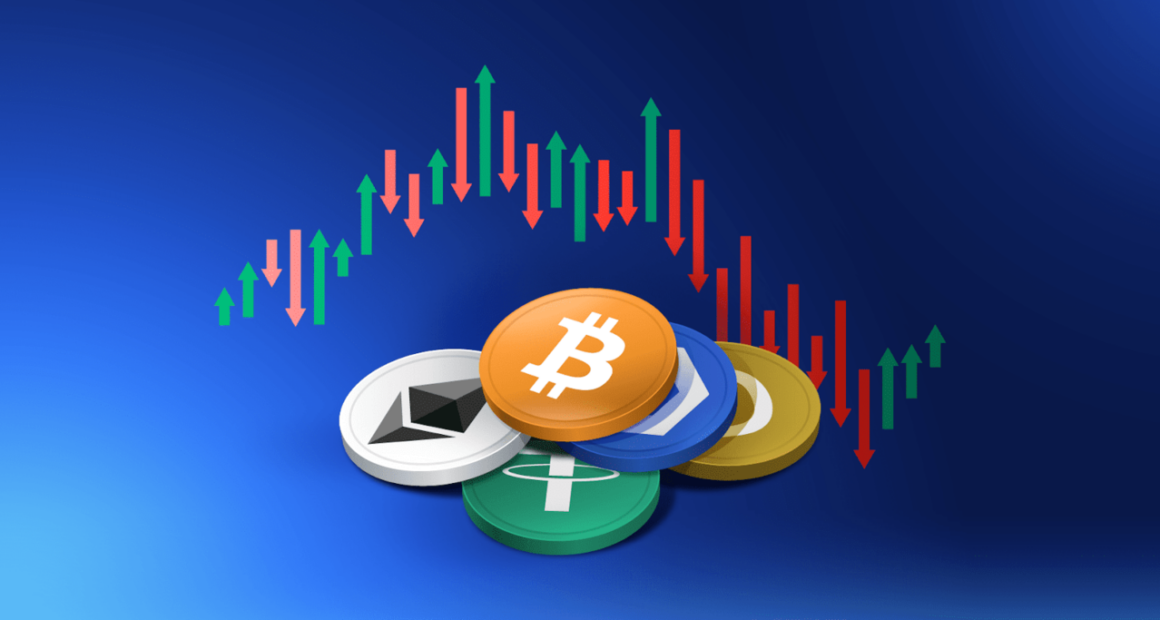As the cryptocurrency market continues to mature, the regulatory frameworks in the United States and the European Union (EU) reveal starkly contrasting approaches, reflecting broader differences in governance, innovation policy, and financial oversight. With the global cryptocurrency market cap exceeding $2 trillion at its peak, governments on both sides of the Atlantic are grappling with how to balance fostering innovation with ensuring market stability and consumer protection.
The US: A Fragmented and Enforcement-Driven Approach
In the United States, cryptocurrency regulation is marked by a patchwork of federal and state laws. Regulatory agencies like the Securities and Exchange Commission (SEC), the Commodity Futures Trading Commission (CFTC), and the Financial Crimes Enforcement Network (FinCEN) oversee different aspects of the market, often leading to jurisdictional overlap and uncertainty for industry participants.
The SEC has taken an enforcement-driven stance, categorizing many cryptocurrencies as securities, thereby subjecting them to stringent registration requirements. High-profile cases, such as the ongoing litigation against Ripple Labs, underscore the aggressive posture of US regulators. Critics argue that this approach stifles innovation and drives crypto businesses to relocate to more crypto-friendly jurisdictions.
On the legislative front, the US Congress is debating multiple bills aimed at clarifying the regulatory landscape. The “Digital Asset Market Structure” proposal and the “Stablecoin Transparency Act” are two examples attempting to provide a comprehensive framework. However, partisan divisions and lobbying from the crypto industry have slowed progress.
The EU: Proactive and Unified Frameworks
In contrast, the EU has taken a more unified and proactive approach. The Markets in Crypto-Assets (MiCA) regulation, adopted in 2023, is the world’s first comprehensive crypto regulatory framework. MiCA establishes clear guidelines for issuing cryptocurrencies, stablecoins, and service providers, aiming to ensure investor protection and market integrity while fostering innovation within the bloc.
MiCA’s streamlined framework provides regulatory certainty, attracting crypto firms seeking clarity. Additionally, the EU’s focus on environmental sustainability, such as proposed restrictions on energy-intensive proof-of-work mining, reflects its broader policy priorities. By balancing innovation with oversight, the EU is positioning itself as a global leader in crypto regulation.
Diverging Impacts and Global Implications
The divergence between the US and EU approaches has significant implications for the global cryptocurrency market. While the US’s enforcement-heavy stance risks alienating innovators, the EU’s clarity and predictability are making it an attractive destination for crypto startups and investors.
However, challenges remain for both. In the US, the lack of a unified framework creates uncertainty, while in the EU, MiCA’s implementation will test whether its ambitious goals can be achieved without unintended consequences. Moreover, the global nature of cryptocurrencies necessitates international cooperation to address issues like money laundering, cybercrime, and tax evasion effectively.
The Path Forward
As cryptocurrencies evolve from speculative assets to integral components of the financial system, the regulatory strategies of the US and EU will play a crucial role in shaping the industry’s future. Striking the right balance between innovation and oversight is no small task, and lessons from both sides of the Atlantic may ultimately inform a more harmonized global approach.








